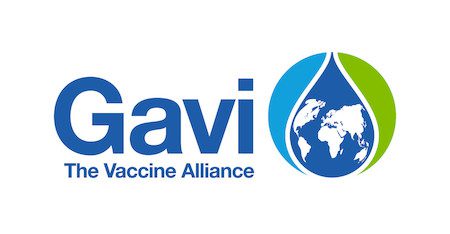APA – Accra (Ghana)
The Board of Gavi, the Vaccine Alliance has announced a series of decisions that will help lower-income countries tackle backsliding from the COVID-19 pandemic and be better prepared to respond to US future health emergencies.
The decisions were taken during a two-day meeting hosted by the Government of Ghana in Accra, Ghana, from 6-7 December.
Concrete action in support of African vaccine manufacturing, future pandemic response
Following more than 18 months of close collaboration between Gavi, the African Union and Africa CDC, the Board today approved the establishment of the African Vaccine Manufacturing Accelerator, AVMA.
AVMA is an innovative financing mechanism aimed at establishing a sustainable African vaccine manufacturing industry capable of improving the region’s resilience in the face of pandemics, outbreaks and other health emergencies as well as the health of global vaccine markets.
AVMA was designed through an extensive consultation process that involved partners, donors, industry, civil society, and others.
Gavi, as one of the largest purchasers of vaccines in the world, is thus sending a powerful signal to global markets that it will support African vaccine manufacturing.
AVMA aims to make up to US$1 billion available to manufacturers at key moments in the development process as a way of helping offset high start-up costs and provide assurance of demand.
By focusing on “priority” antigens, product profiles, and vaccine platforms, as well as constructing clear incentives for both “fill and finish” and drug substance production, AVMA will also support global vaccine markets by targeting clear unmet needs and help establish a thriving, sustainable, end-to-end African vaccine manufacturing ecosystem.
AVMA is the final pillar of Gavi’s regional manufacturing strategy, with the first three pillars approved by the Board in December 2022.
With this Board approval, Gavi can now consult widely on the final operational framework for AVMA, including the establishment of an inclusive steering committee, and processes for governance, monitoring and course-correcting as needed.
These final pieces will be reviewed by the Board in June 2024, following which AVMA will be officially launched in that same month during an event co-hosted by France and Africa CDC, alongside with European and international partners.
Building even further on the theme of ensuring learnings from the COVID-19 pandemic are met with concrete actions, the Board also approved a US$ 500 million investment in a First Response Fund, part of a broader Day Zero Financing Facility, to ensure financing is immediately available from the start of a future pandemic.
This decision responds to one of the challenges of the COVID-19 pandemic, where it took time to fundraise in support of the effort to ensure equitable access to vaccines, slowing down the ability to respond quickly to countries’ needs, and contributing to vaccine inequity.
This investment is combined with Board approval to dedicate US$22 million to support pandemic prevention, preparedness and response activities across a broad coalition of vaccine-related partners and processes, including countries, civil society, strengthening immunisation and outbreak response activities, and aligning with international pandemic-related deliberations and mechanisms.
This effort seeks to ensure a coordinated playbook for potential pandemic response, coverage of any gaps, and increased transparency and knowledge sharing across the full ecosystem. This Board decision will help create an inclusive approach, ahead of a potential future emergency, to ensuring all partners are ready to contribute in a coordinated response.
“Today’s historic decisions illustrate the very best of our Alliance – collaboration across the full range of immunisation partners, constantly seeking to learn and improve, and most importantly, taking concrete action,” said Professor José Manuel Barroso, Chair of the Gavi Board. “Gavi has worked closely with the countries, the African Union, Africa CDC, G7, G20, and other donors,
WHO, UNICEF, civil society, industry, and experts to put into place innovative mechanisms that have the power to reshape our approach to regional manufacturing and pandemic response, and we are grateful for the continued commitment of our Board to the effort to ensure no one is left behind with immunisation.”
GIK/APA
Over US$1.8bn in support for African vaccine manufacturing

Previous ArticleMorocco’s Badou Zaki is Niger’s new coach

